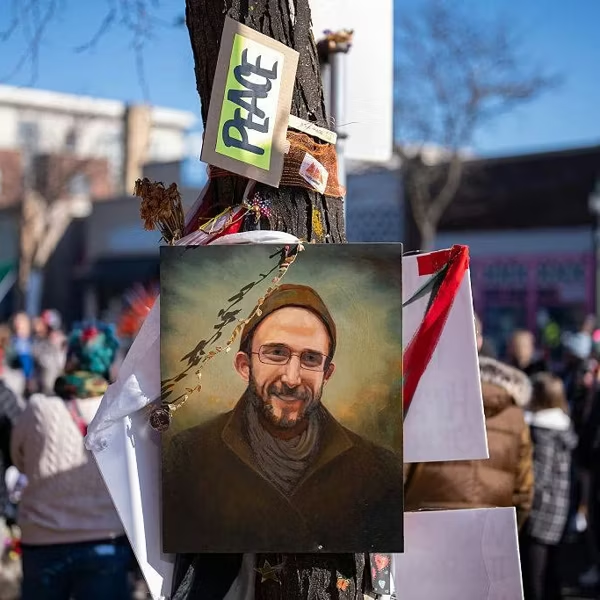"I'm pansexual," I told my eighteen-year-old grandson, imagining I was speaking the language of his generation.
"What's that?" He chuckled.
"It means you can be sexual with anybody," I said, quickly adding, "Of course I'm monogamous with Grandma Carole. It's just theoretical. Rejecting gender exclusion."
He laughed harder. So much for impressing him with my cool vocabulary. But I'd latched onto the expansive word for more than its trendiness. Its inclusivity does match my inclusive politics, with its notion of wide possibilities for potential love mates. And it matches my life history.
The only closet I was in was the one that assumed our sexualities are fixed, rather than fluid, and denied the chance that at different times in life one might choose excellent partners of varying genders.
I started this odyssey forty years ago. After two marriages to men, I still wanted a partner but was unwilling to put myself--and my children--through any more drama. Reading the magazine Signs, I discovered Adrienne Rich's iconic essay "Compulsory Heterosexuality and Lesbian Existence." Sexuality exists on a continuum, she wrote, and most of us are inherently bisexual, as Dr. Kinsey's research had shown. Yes, I thought, I am, although I hadn't dared admit it. Perhaps I could finally have the egalitarian partnership I yearned for--with a woman. Terrifying as the thought was.
When I confided to a friend that I was considering becoming a lesbian, she objected on the ground that I hadn't even kissed a woman, "so you can't know." She was sure one couldn't decide to be a lesbian. You just were. Choice was impossible.
But I thought that if people got to choose their religions, why couldn't I choose my life partner? Rich had explained how we simply grew up accepting heterosexuality as normal. Like people used to believe they had to stay in their own race or religion for marriage, we thought we had to choose opposite-sex partners. My friend knew I'd crossed the "color line" when I'd married a Black man. Why did she think I couldn't cross a gender line?
"It's risky," she warned.
"As if men aren't!"
"But I thought you liked sex with men."
"I did. It wasn't the sex I didn't like. It was the sexism."
Determined to meet lesbians, that summer I joined a softball team where I'd heard lesbians congregated and met Carole, who played second base--and invited me to dinner at a local cafe. Lingering over second cups of peppermint tea, we covered our compatible politics as my body kept up an insistent chatter, I like her, I like her. She'd had women lovers, she said, as well as men, and wanted to date a woman with children. I had thought that might be a deal-breaker, but evidently not.
Now on our fortieth anniversary, I, a writer who loves words, have found a new one that at last describes my life's scope: pansexual, a broader term even than bisexual because it includes all of today's many genders as potential partner choices. Even though I'm deeply satisfied now with the love of one woman, having a word to define myself conceptually still feels important. Many people still ask if I was always essentially a lesbian--or they assume I was--and wasn't it a relief to come out of the closet?
The only closet I was in was the one that assumed our sexualities are fixed, rather than fluid, and denied the chance that at different times in life one might choose excellent partners of varying genders. Pansexual covers it all.
So I'm content to leave my grandson that designation, hopefully opening up choices for his future. His generation is so open he may not need the label; but in case he does, I've supplied an all-purpose, inclusive one. In a literary family that rarely passes on tangible heirlooms, I'm delighted to bequeath him a generous word.




